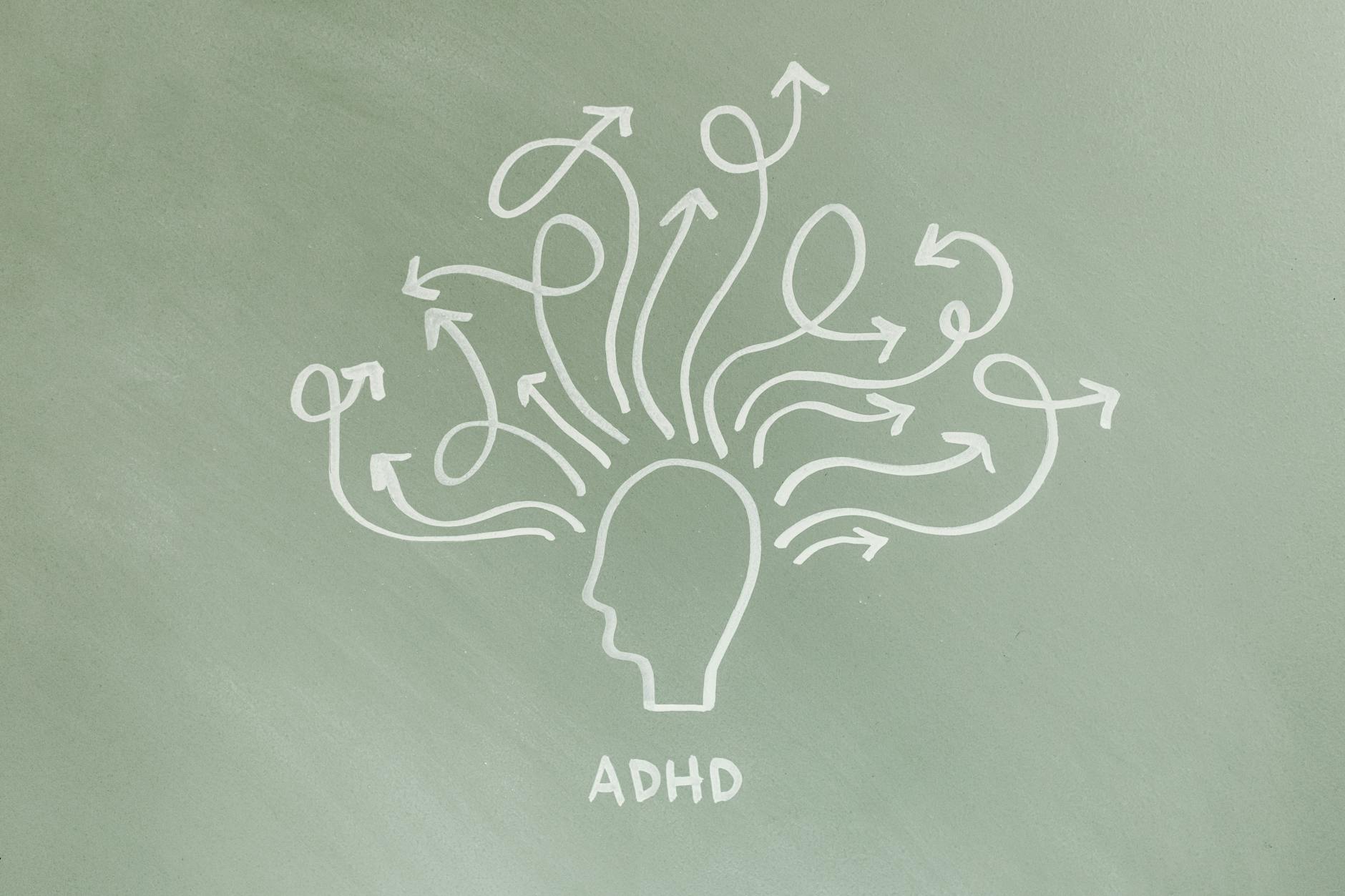What is attention deficit?
What is Attention Deficit?
Attention deficit refers to a range of cognitive challenges that can hinder an individual’s ability to maintain focus, manage time effectively, and engage in tasks. This condition is often associated with Attention Deficit Hyperactivity Disorder (ADHD), a neurodevelopmental disorder primarily affecting children but continuing into adulthood for many. Understanding attention deficit is crucial for improving personal development and productivity, as it impacts various facets of life from work to relationships. In this blog post, we’ll explore what attention deficit is, its types, symptoms, impacts, and viable management strategies.
Understanding Attention Deficit Disorders
Attention deficit encompasses a range of disorders that primarily affect attentiveness and self-control. These disorders can manifest in various ways, affecting not only how individuals engage with their environment but also how they navigate their personal and professional lives.
Types of Attention Deficit Disorders
Attention Deficit Hyperactivity Disorder (ADHD): This is the most widely recognized form of attention deficit. Individuals with ADHD often exhibit symptoms of inattention, hyperactivity, and impulsivity. These symptoms can be disruptive in both social and academic settings. You can find more detailed information here.
Attention Deficit Disorder (ADD): While technically a subset of ADHD, ADD is characterized primarily by inattention without the hyperactive and impulsive behaviors. Those with ADD may find themselves daydreaming frequently and struggling to follow instructions.
Other Related Conditions: Conditions such as learning disabilities, anxiety disorders, and depression can co-occur with attention deficit disorders, complicating diagnosis and treatment.
Symptoms and Diagnosis
Common symptoms of attention deficit disorders include:
- Difficulty sustaining attention in tasks
- Frequent daydreaming
- Trouble organizing tasks
- Impulsivity or acting without thinking
- Forgetfulness in daily activities
Diagnosing attention deficit disorders isn’t straightforward; it often involves comprehensive evaluations by healthcare professionals, which can include interviews, behavioral assessments, and standardized rating scales. More about diagnosing ADHD can be found here.
The Impact of Attention Deficit on Daily Life
Understanding how attention deficit affects daily life is essential for both those experiencing it and those around them.
Effects on Productivity
Attention deficit can significantly hamper productivity. Those affected may struggle with prioritizing tasks, meeting deadlines, or completing projects efficiently. For instance, an individual might start multiple projects but find it challenging to see any of them through to completion. This can lead to heightened frustration and reduced job satisfaction. Studies indicate that individuals with ADHD face challenges in time management and often miss deadlines, which can be detrimental in a professional setting.
Influence on Personal Relationships
Attention deficit can strain personal relationships. Friends and family may feel neglected or frustrated due to a person’s inattentiveness or impulsivity. Communication breakdowns often arise when someone with attention deficit fails to listen or follow through on commitments. This can create a cycle of misunderstanding and resentment, affecting emotional connections.

Photo by Tara Winstead
Strategies for Managing Attention Deficit
While living with attention deficit can be challenging, several strategies can help manage its symptoms effectively.
Time Management Techniques
Implementing time management strategies can prove beneficial. Techniques like the Pomodoro Technique, where you work for 25 minutes followed by a 5-minute break, can help maintain focus. Another approach is using visual timers to create a sense of urgency, helping keep distractions at bay.
Productivity Tools and Apps
Various tools and applications are tailored to assist those with attention deficit. Apps like Todoist for task management or Focus@Will for concentration-enhancing music can provide the structure and focus you need. Explore more about these helpful tools here.
Lifestyle Changes to Support Focus
Making lifestyle changes can also aid in managing attention deficit. Regular exercise, a balanced diet, and sufficient sleep are foundational for improving concentration and overall mental health. Mindfulness and meditation practices can reduce anxiety and enhance focus, making them valuable tools for individuals struggling with attention deficits.
Seeking Professional Help
If you or someone you know is experiencing symptoms of attention deficit, seeking professional help is vital. Healthcare professionals can provide accurate diagnoses and tailor treatment plans.
Therapies and Treatments Available
Treatment options vary from behavioral therapies, which can help modify unwanted behaviors, to medications that can improve focus. Options include stimulants like methylphenidate or non-stimulant medications. The best treatment plan often requires a combination of approaches.
Support Systems and Resources
Numerous support groups and resources are available for individuals with attention deficit. Organizations like CHADD (Children and Adults with Attention-Deficit/Hyperactivity Disorder) offer community support and valuable information. Find more about building a support network here.
Conclusion
Understanding attention deficit is a critical step towards managing its effects on personal and professional life. By implementing effective strategies, seeking professional help, and fostering a supportive environment, individuals can navigate the challenges that come with attention deficit. Remember, you’re not alone in this journey, and the right resources are available to help you thrive.